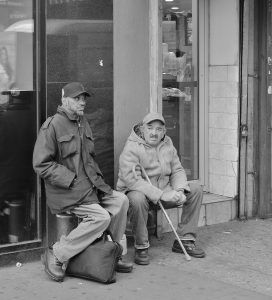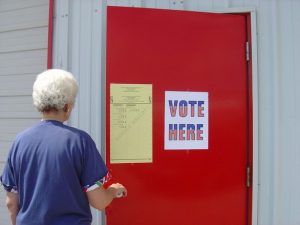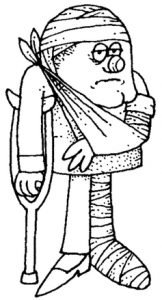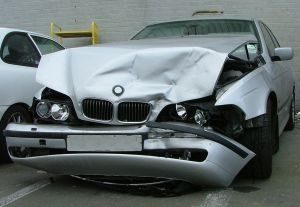 Following the Florida Supreme Court’s April, 2016 decision in Castellanos v. Next Door Company, Florida’s workers’ compensation insurance industry quickly mobilized in an effort to obtain approval of a rate increase from the Florida Office of Insurance Regulation. It claimed that a substantial premium rate hike was needed to handle the expected increase in claim costs — in particular, fees paid to claimants’ attorneys — resulting from the decision.
Following the Florida Supreme Court’s April, 2016 decision in Castellanos v. Next Door Company, Florida’s workers’ compensation insurance industry quickly mobilized in an effort to obtain approval of a rate increase from the Florida Office of Insurance Regulation. It claimed that a substantial premium rate hike was needed to handle the expected increase in claim costs — in particular, fees paid to claimants’ attorneys — resulting from the decision.
Insurance industry representatives hired National Council on Compensation Insurance (NCCI), a private company authorized to request rate changes, to present its case to the Florida Office of Insurance Regulation (OIR), the regulatory agency responsible for setting insurance rates. OIR ultimately approved a 14.5% rate hike. Problem is, opponents were prevented from fully engaging in the regulatory process.
 Florida Injury Attorney Blawg
Florida Injury Attorney Blawg










